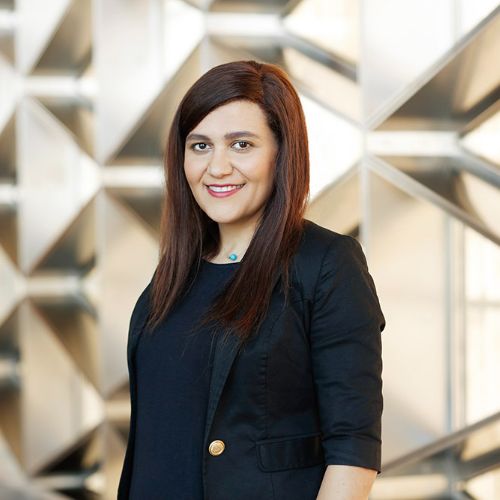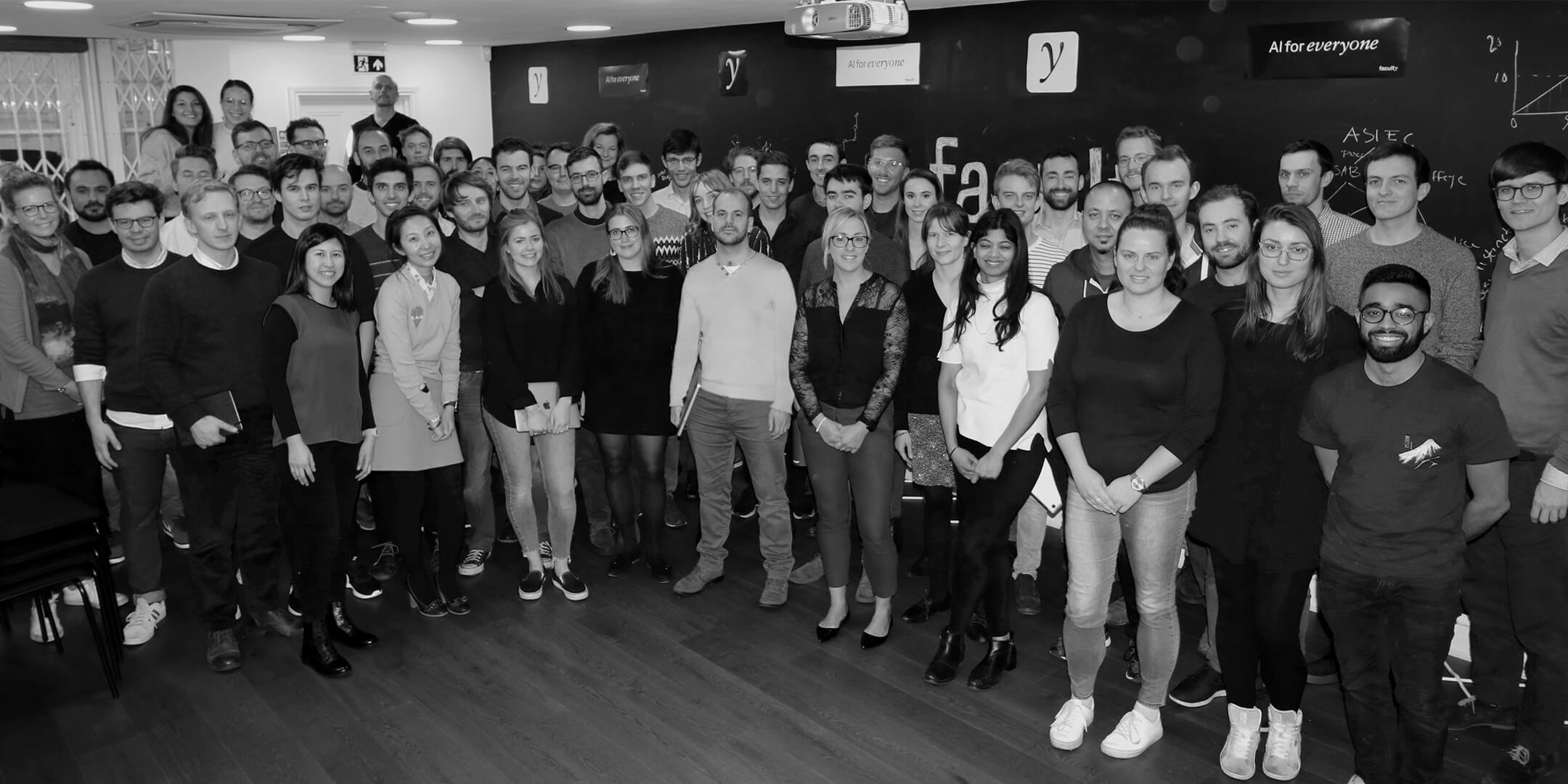Professor, Chemical Science
Nivine M. Khashab

Physical Science and Engineering Division (PSE)
Center membership, Advanced Membranes and Porous Materials
https://ampm.kaust.edu.sa/Pages/home.aspx
Principal Investigator, Smart Hybrid Materials (SHMs) Lab
Orcid
“Bioengineering brings together biological and chemical knowledge in a single functional platform that can directly benefit human health.”
Professor Khashab received her doctoral degree in organic chemistry from the University of Florida under the mentorship of Professor Alan R. Katritzky. She conducted her post-doctoral training at the University of California, Los Angeles, in Sir Fraser Stoddart’s laboratory, where she designed and developed mechanized silica nanoparticles and molecular switches.
In 2006, Professor Khashab received the Crow Award for Organic Innovation—and in 2017, she received the L’Oreal-UNESCO International Women in Science Award for “designing novel nanoparticles that could improve early detection of disease.” More recently, she was awarded the Almarai award for excellence in nanotechnology in the Middle East.
Her research has been published throughout the field.
FocusAndTechnologyAreas
Professor Khashab’s research focuses on the design, synthesis, and applications of organic-inorganic hybrid nanomaterials that are porous and dynamically controlled by various stimuli, such as pH, light, magnet, and enzymes. Professor Khashab and her team aim to develop systems that can be triggered on demand using self-assembly and supramolecular tools. The ultimate goal of these systems is to improve the biomedical outcome of stimuli-responsive platforms by increasing selectivity and the ability to target specific tissues or organs.
Professor Khashab’s system has immediate application in gene delivery and editing, antibody delivery and vaccination, personalized medicine, and enzyme and nutrient encapsulation.
What does bioengineering mean to you?
Bioengineering brings together biological and chemical knowledge in a single functional platform that can directly benefit human health.

